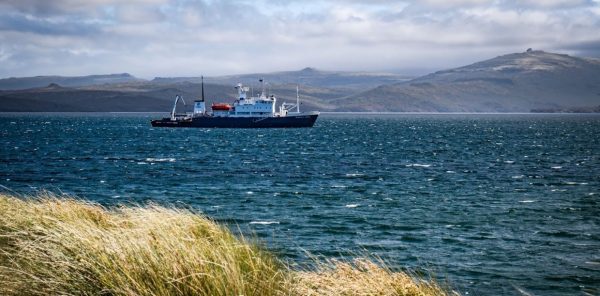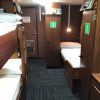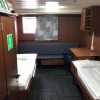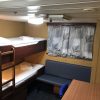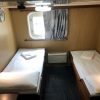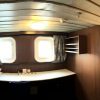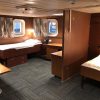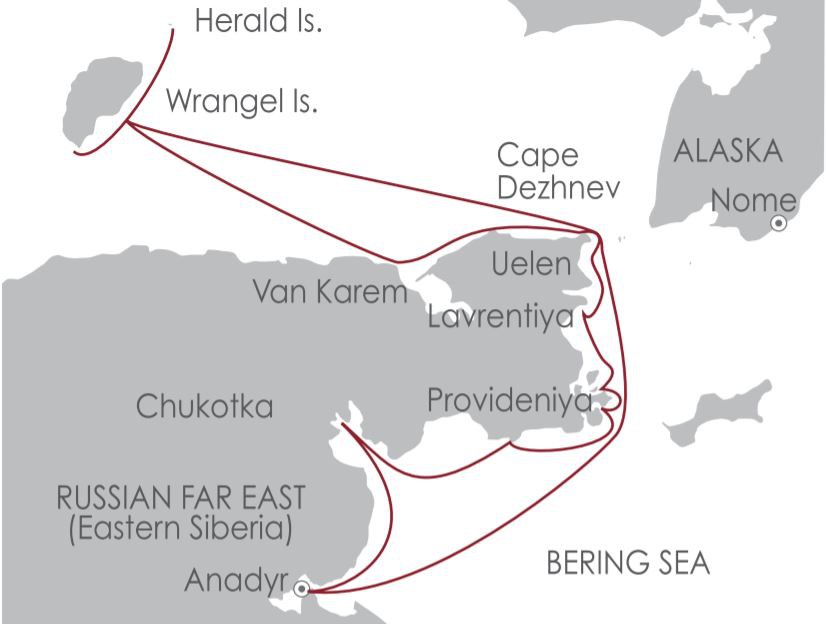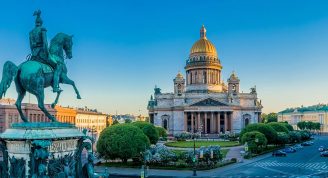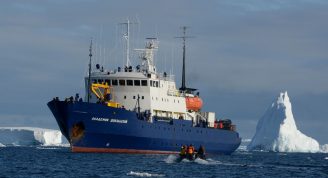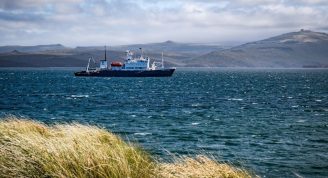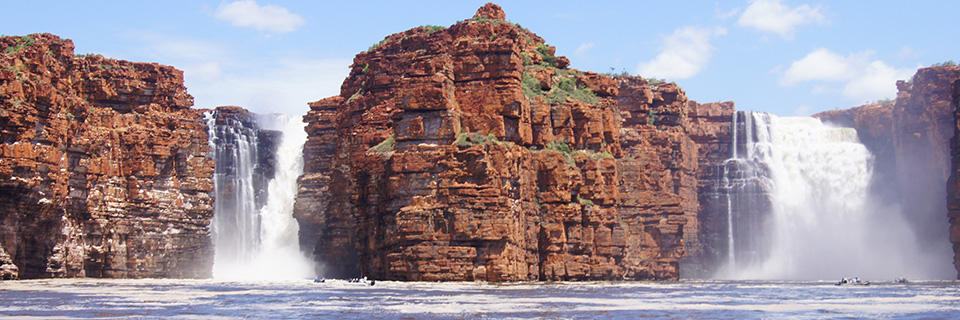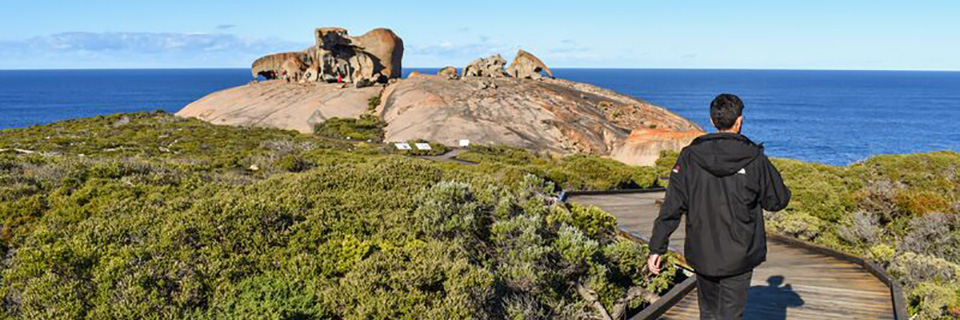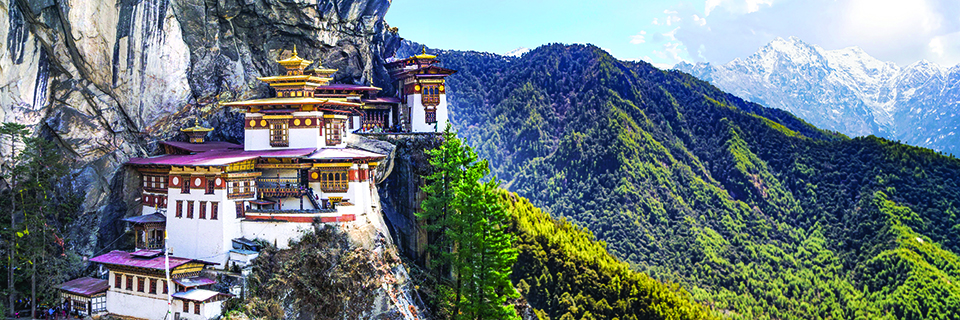Description
The Chukotka region is one of 85 regions which make up the Russian Federation, officially known as the Chukotka Autonomous District, it was the last part of Siberia to be ‘conquered’ or ‘subdued’ by the Cossack invaders from the west. The indigenous people of this region include Chukchi, Inuit, Even, Koryak, Chuvan and Yukaghir, the non-native inhabitants are predominately Russian. The Soviet regime initially treated these indigenous people well, but the collapse of the Communist regime in the early 1990s spelt disaster for the people as they had become dependent upon the state. The election of Roman Abramovich as Governor of Chukotka in December 2000 changed the course of its history. His vision, generosity and leadership gave the people hope, and today Chukotka is taking its rightful place in the Russian Federation. It is rich in natural resources and wildlife is abundant, but like all Arctic fauna, it is under pressure because of significant climate change.
North of Chukotka, where the Chukchi Sea meets the Arctic Ocean, lies nature reserve and World Heritage site Wrangel Island, which has outstanding wildlife values. Sometimes referred to as the world’s Polar Bear Maternity Ward, because of the high density of denning Polar Bears, it is one of those islands that never disappoints those who are keen on natural and Arctic history. As the ice retreats each summer (further and faster than ever before) Polar Bears come ashore and we see good numbers of these, likewise walrus find refuge here each summer normally in large numbers. Birds like Snow Geese and Snowy Owls also breed here. And of course Wrangel Island is central to the story of the wreck of the Karluk and it features in other Arctic exploration stories.
On this special Chukotka expedition we will meet the locals; see and listen to their stories and experience their love for and strong connection with the land and the sea. We will celebrate with them at their annual Regatta and Festival. We will explore the vast expansive tundra with its wild flowers and dwarf tree species and we will watch for brown bears, reindeer, Arctic Foxes, ground squirrels and, if we are lucky, we may also see a Wolverine. We will explore Wrangel Island with its Polar Bears, walrus and rich Arctic history and at sea we will look out for whales.


